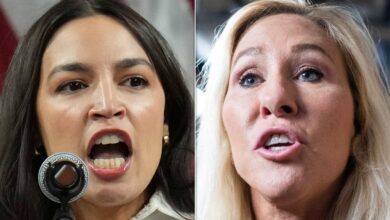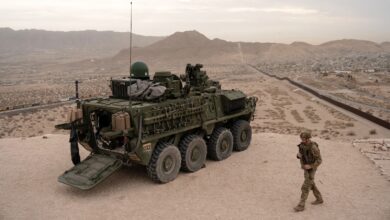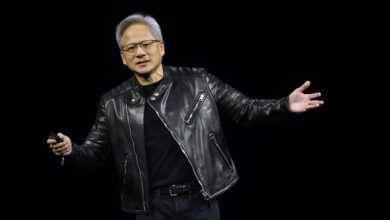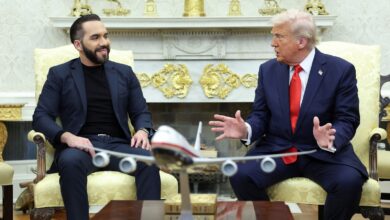Iowa’s Arab and Muslim Communities: Navigating the Political Landscape Amidst the Gaza Crisis
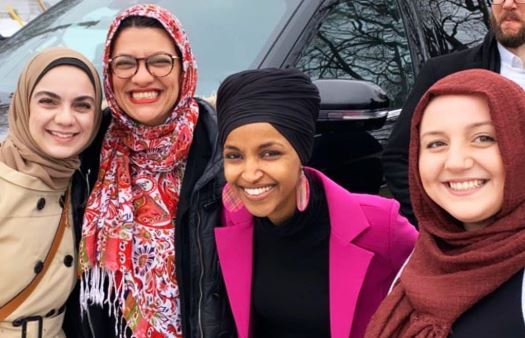
In Iowa, a state known for its significant role in the American political process, the Arab and Muslim communities are expressing deep concerns over the ongoing crisis in Gaza, affecting their political alignments and engagement in the upcoming elections.
The Political Climate in Iowa
Traditionally, Iowa has been a critical state in U.S. presidential elections, known for its early caucuses that often set the tone for the national political scene. However, for its Arab and Muslim residents, the prevailing political climate, particularly regarding U.S. foreign policy in the Middle East, is a source of growing unease.
Shifting Political Allegiances
Many in Iowa’s Arab and Muslim communities feel alienated by the policies of both major political parties in the United States. The Republican Party’s stance on various issues has led to a sense of disenfranchisement, while disappointment in the Democratic Party, particularly over its handling of the Gaza situation, is causing some to reconsider their political loyalties. This shift could have implications for voter turnout and preferences in the state.
The Impact of the Gaza Crisis
The crisis in Gaza is not just a distant geopolitical issue for these communities; it has personal and emotional resonance. The U.S. response to the conflict in Gaza is critically influencing their political engagement and perspectives. The plight of Palestinians and the U.S. role in the conflict are central issues for many Arab and Muslim voters in Iowa.
The Role of Advocacy and Community Engagement
Amidst these challenges, Arab and Muslim advocacy groups in Iowa are working to raise awareness about their communities’ concerns. They are engaging in political discourse, aiming to influence policies and foster a more inclusive political environment. This includes efforts to educate and mobilize voters, advocate for fair representation, and promote policies that reflect their views and values.
Looking Towards the Future
As the 2024 elections approach, the voices of Arab and Muslim Americans in Iowa represent an important facet of the broader political conversation. Their concerns and perspectives are a reminder of the diverse interests and issues that shape American politics. How political parties and candidates address these concerns could significantly impact their support within
these communities.
The situation underscores the need for political inclusivity and sensitivity to diverse viewpoints in U.S. foreign and domestic policies. The Arab and Muslim communities in Iowa, like many minority groups, seek recognition and responsiveness from political leaders to their unique concerns and experiences.
Conclusion
The Arab and Muslim communities in Iowa are at a crossroads, balancing their cultural and religious identities with their political beliefs and actions. Their engagement in the political process, influenced by international events like the Gaza crisis, highlights the interconnected nature of global events and local politics. As the U.S. moves closer to the 2024 elections, the perspectives of these communities will be an integral part of the evolving political landscape.


